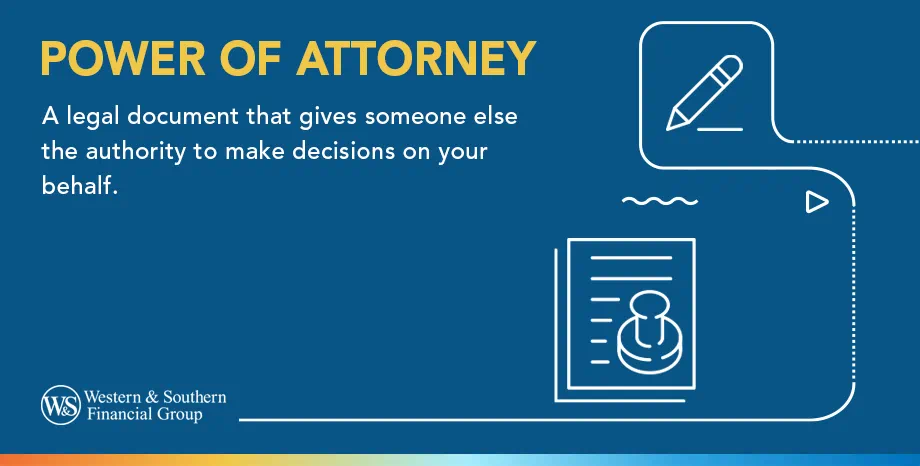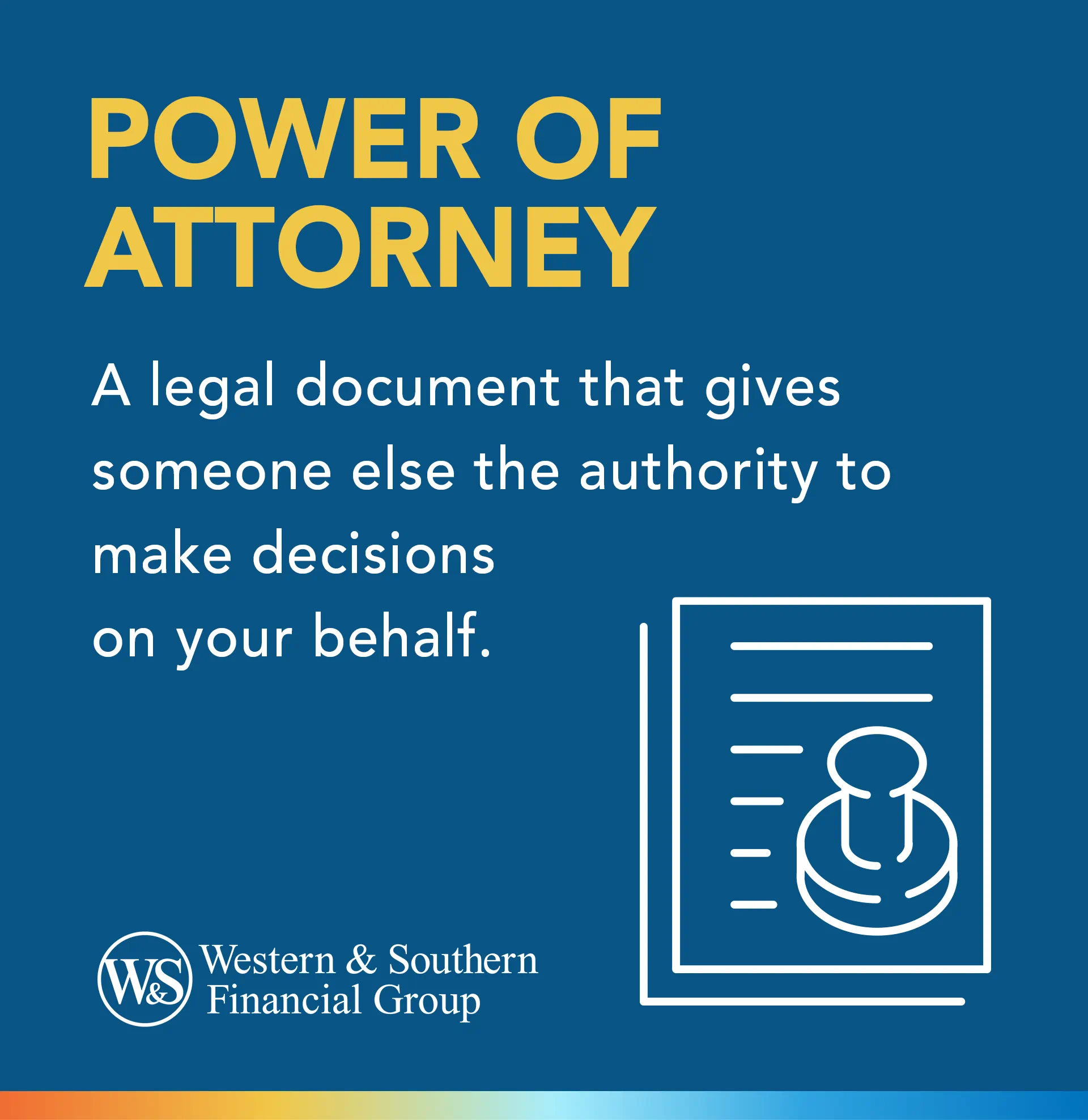

Table of Contents
Key Takeaways
- A power of attorney is a legal document that grants someone else (the agent) the authority to make decisions on behalf of another person (the principal).
- There are different types of power of attorney, including general power of attorney, limited power of attorney, and health care power of attorney, each serving specific purposes.
- Choosing a trusted agent is crucial as they will have authority over important decisions, and it's advisable to have a backup agent or require unanimous decision-making.
Who would handle your financial decisions if you weren't able to? At some point in your life, you might need someone else to make certain decisions for you. If you don't have a power of attorney document in place, you won't be able to designate this person in advance.
Here are the basics about this important legal document, and considerations when deciding who to designate to handle your affairs if you cannot.
What Is Power of Attorney?
A power of attorney is a legal document that grants someone else control over your affairs as listed in the document in the event that you want or need such person to act on your behalf. The person receiving the right to make decisions on another's behalf is known as the agent, and the person granting those rights is called the principal.
Though a power of attorney document is often created as part of estate planning, even young people in good health may want to consider drawing one up. For example, if you develop a health problem that leads to a prolonged hospital stay, having a power of attorney document will allow your designated agent to pay your bills, handle your banking or manage other financial issues on your behalf. You may still be capable of making financial decisions while you recuperate in the hospital, but your agent could also help you execute those decisions.
Types of Power of Attorney
General Power of Attorney
This type of agreement gives the agent the authority to make decisions in any type of situation, such as:
- Paying bills
- Buying life insurance
- Settling claims
- Bestowing gifts
- Making business decisions
Unless the legal document specifically excludes a type of financial decision from the agent's purview, the agent can make any financial decision on your behalf. There are two common scenarios for this type of agreement:
- When the principal needs to leave the country for an extended period
- When the principal anticipates losing independence or cognitive function
Having one of these documents does not mean you lose the power to make your own decisions. As long as you are mentally able to make these choices, you will still be in charge. Your agent will only step in if you ask him or her to do so, or if you are no longer able to make your own decisions. For example, aging parents will generally choose their adult children or another trusted family member. Many people choose someone they greatly trust to be their general power of attorney.
Limited Power of Attorney
This type of agreement gives your agent the authority to make decisions for you in a specific scenario. For instance, if you were unable to manage your small business because you needed to take care of an ailing family member on the other side of the country, a special power of attorney could appoint an agent to manage it on your behalf.
Health Care Power of Attorney
This type of agreement grants your agent the authority to make medical decisions on your behalf if you are mentally incompetent, unconscious or otherwise unable to make your own decisions.
Whom Should You Choose as Your Agent?
An agent can be a(n):
- Spouse
- Family member
- Friend
- Organization or attorney
Remember that your agent will have authority over very important decisions, meaning you need to trust the person you choose. Agents are generally not compensated for doing this work. You could be asking a big commitment of your agent, which you should discern before asking.
You might also consider having more than one agent. You can specify that your agents must agree on decisions, which could help ensure that they act in your best interests. Alternatively, you can designate one agent and one successor agent, in case the first falls ill or is otherwise unable to fulfill their duties.
The Bottom Line
Life can be unpredictable. A great way to help make sure your family and your assets are in good hands is to plan ahead. A power of attorney document could be a good way to help protect yourself from uncertainty.













